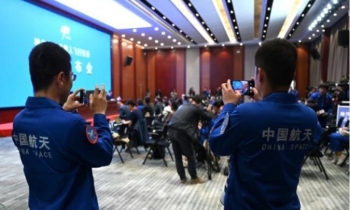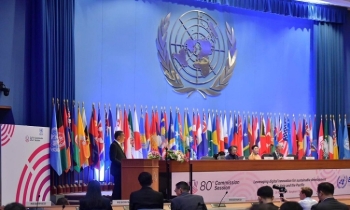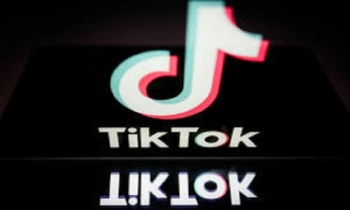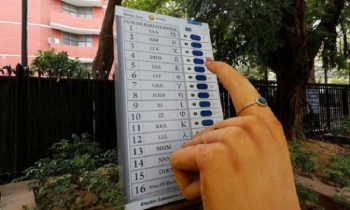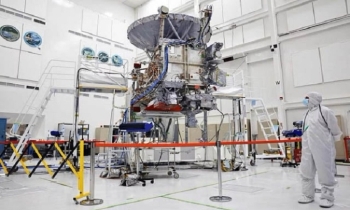Chip crisis inflates smartphone prices in Bangladesh
BI Special || BusinessInsider
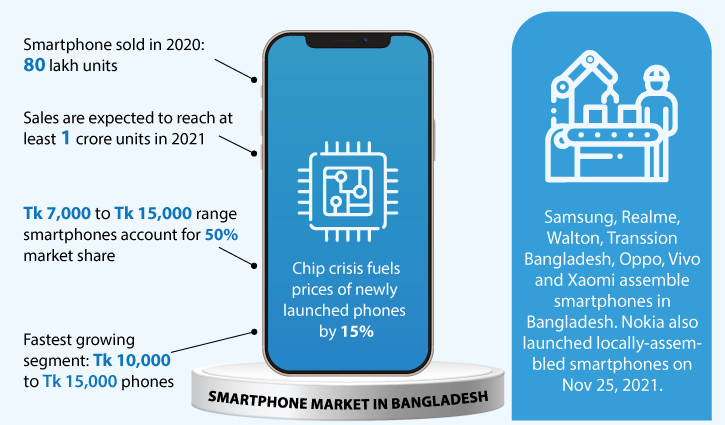
Semiconductor chip shortage globally has forced Bangladesh’s smartphone assemblers to hike prices for their newly launched devices by 15-20 percent in recent days. Infographic: Business Insider Bangladesh
Semiconductor chip shortage globally has forced Bangladesh’s smartphone assemblers to hike prices for their newly launched devices by 15-20 percent in recent days, industry insiders said.
They forecast the chip crisis along with skyrocketing freight and energy costs and depreciation of local currency will fuel the prices of the smartphones further in January and February 2022.
“We are feeling the crisis of chips, but not acute as we had stocks. But the problem may be acute in January and onwards,” said Mohammed Mesbah Uddin, chief marketing officer of Fair Group, which manufactures the Samsung brand in Bangladesh.
Smartphone makers, such as Oppo and Vivo that launched new phones recently have increased prices by around 15 percent, he said.
“We are yet to hike prices of our Samsung brands, but we have to do it in January-February if things do not turn around,” he told the Business Insider Bangladesh.
According to industry insiders, smartphone sales remain subdued in November-December period in Bangladesh and sales start picking up from January and in March-April it gets high ahead of Ramadan and Eid festival.
They said the crisis may take an acute turn from January and onwards and February when Chinese people celebrate New Year and factory productions go down.
“It is not only chip shortage, rising freight costs and depreciation of local currency against the dollar has also contributed to the price hike of phones,” said Mesbah, hinting that prices of their products may increase next year.
Rezwanul Haque, chief executive officer of Transsion Bangladesh, another major player in the smartphone segment, said it’s a global crisis and they are also feeling the demand-supply gap of semiconductor chips.
“May be, we all had stocks and that’s why we did not feel the shortage severely. But the first quarter of next year will be very challenging for us,” said Haque.
He said some assemblers have already hiked the prices of their new smartphones by 10 to 15 percent.
Bangladesh is an emerging market for smartphones as the country’s economy and consumers’ purchasing power have been increasing for over a decade.
Market players said some 80 lakh units of smartphone were sold in Bangladesh in 2020 and the number could go up to 1 crore in 2021 despite the impact of the coronavirus pandemic.
Samsung, Realme, Transsion, Oppo, Vivo, Walton and Xaomi assemble smartphones in Bangladesh. Nokia has also launched locally-assembled smartphones on Thursday (Nov 25, 2021).


